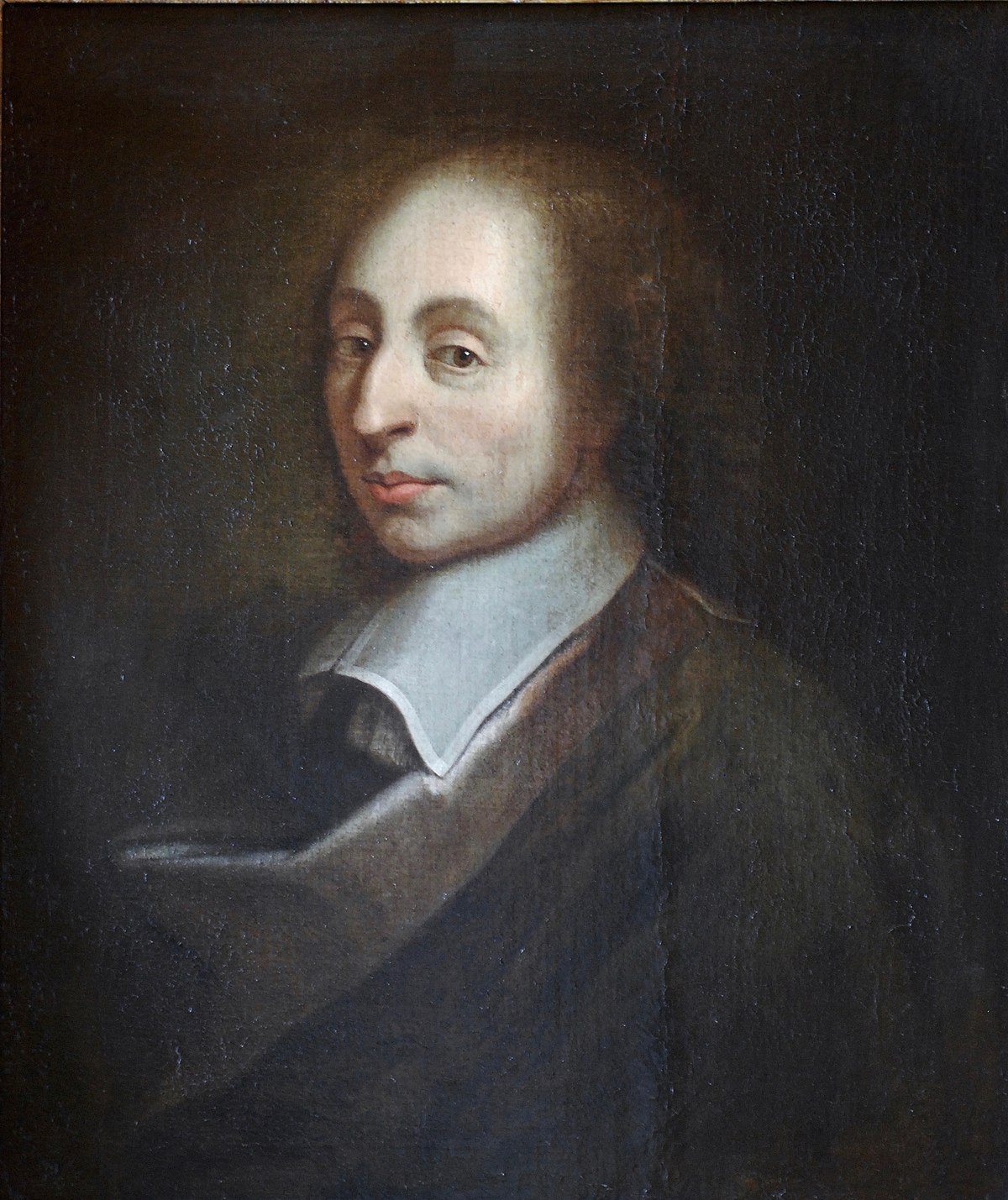A prodigy in mathematics and physics, Pascal would experience a religious conversion that would change his focus towards religious philosophy and ethics. In his famous Pensees, a book of notes and aphorisms left unfinished by time of his early death, Pascal would propose a wide range of arguments towards devoting oneself to Christian faith. He is considered a predecessor of existentialism and probability theory.
"When I consider the short duration of my life, swallowed up in the eternity before and after, the small space which I fill, or even can see, engulfed in the infinite immensity of spaces whereof I know nothing, and which know nothing of me, I am terrified, and wonder that I am here rather than there, for there is no reason why here rather than there, or now rather than then. Who has set me here? By whose order and design have this place and time been destined for me?—Memoria hospitis unius diei prætereuntis.
It is not well to be too much at liberty. It is not well to have all we want.
How many kingdoms know nothing of us!
The eternal silence of these infinite spaces alarms me."
"On 23 November 1654, between 10:30 and 12:30 at night, Pascal had an intense religious vision and immediately recorded the experience in a brief note to himself which began: "Fire. God of Abraham, God of Isaac, God of Jacob, not of the philosophers and the scholars..." and concluded by quoting Psalm 119:16: "I will not forget thy word. Amen.""
"...it is impossible that our rational part should be other than spiritual; and if any one maintain that we are simply corporeal, this would far more exclude us from the knowledge of things, there being nothing so inconceivable as to say that matter knows itself. It is impossible to imagine how it should know itself. "
"To philosophize is always to rehabilitate the essential importance of the human dimension, and hence the dignity of man. This was the meaning of the Socratic quest, and also the meaning of Pascal's anguish at the threshold of the Cartesian revolution in science. In this respect, Pascal is an even more significant figure of philosophy than Socrates: his was the first brutal reaction to the claim of science to remove man from his position as a privileged being in creation; nobody has so far been able to improve upon his demonstration why science is unsatisfactory to give man meaning and to fill his heart with joy." Thomas Molnar, The Decline of the Intellectual




 Reply With Quote
Reply With Quote
